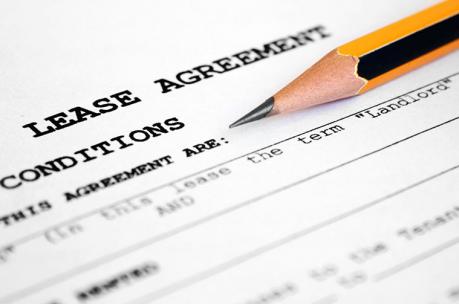
The majority of new entrants to the motel or accommodation industry will have purchased their business by way of lease. For many, this will be their first encounter with a commercial lease and it often seems that some aspects of commercial leasing may not be fully understood.
It is not uncommon when purchasing a business of any type, that it is just the business changing hands and the ownership of the commercial premises from which it operates, is a separate issue. Some businesses can be moveable, for example a retail store could shift to different premises in the event that the lease came to an end or was terminated. On the other hand, a purpose-built property, such as a motel, hotel or lodge means that the lessee (business operator) is reliant on the continued occupation of those premises in order to remain in that business. For this reason, these types of leases tend to be for much longer periods to give the operators security and, in most cases are registered. Under the electronic Computer Interest Register a registered lease of a commercial property produces a leasehold title. A registered lease has advantages, not only security of tenure but also usually the ability to mortgage the leasehold interest, which is helpful when borrowing to buy the business.
Grievances aired by lessees, often relate to the lack of contribution from the landlord in terms of costs and outgoings, particularly around building maintenance. Most commercial leases in this industry are known as “net leases” meaning that the lessee (tenant) is responsible for all outgoings, including rates, landlord’s building insurance (as well as their own business insurance) and repairs and maintenance. This seems rather onerous when compared to a residential lease and, would appear to be a common cause of misunderstanding.
Landlords usually remain responsible for weather tightness and structural integrity, however this is seldom an issue in a properly constructed modern building. What seems burdensome, is that in many leases, the lessee is not only responsible for maintaining the landlord’s fixtures and fittings, but quite often is also responsible for replacing them as they wear out. The lessee will own the chattels and it is logical that they will wish to maintain and replace these as required to keep the business operation to a high standard. However, replacement of such things as bench tops, shower linings, toilet pans etc., seems to be a cause for concern. If these matters are fully understood at the outset, then the purchaser of an accommodation business could be better aware of their obligations under the lease. They may be more inclined to ensure that their purchase takes into account the condition of the landlord’s fixtures and fittings for which they may be responsible, relative to the wording of the actual lease in question. Some landlords are more helpful than others and it is not uncommon for them to contribute in respect of upgrades of lessor’s fixtures and fittings. However, unless it is in the lease that the landlord will be responsible for such expenditure, then this is best not to be taken for granted.
Leases in this industry need to be of considerable length to secure the business value, however by their nature they must be for a finite term. In recognising this, these leases have gradually got longer since first beginning in the 1980’s. New leases are now commonly for 30 or 35 years (sometimes longer). There comes a time when the reduced remaining length of the lease can be an issue for re-sale purposes. This is something the industry is generally aware of, certainly valuers and banks when it comes to lending. From a lessee’s point of view, usually the longer the lease the better and, there is often an opportunity to negotiate further extensions or rights of renewal with the landlord. As with building maintenance, landlords’ attitudes to this aspect will vary. Extensions are sometimes granted at no cost, whereas other building owners seek exorbitant sums for them.
An innovation released in 2012, the MANZ (now Hospitality New Zealand) endorsed draft lease, was the inclusion of an extension mechanism as part of the lease. We have seen a number of these leases accepted by the market since that time, which is a positive thing. This provides the leaseholders with more certainty as to what needs to be allowed for to purchase lease extensions, as they become necessary.
Motel leasing has been around for nearly 40 years now. There are practical commercial reasons for separating the two entities of commercial property investment and business ownership, not least the significantly different returns from each component. It would seem that this method is here to stay and, it is likely that those with an interest in the industry will continue to refine and improve the structure.